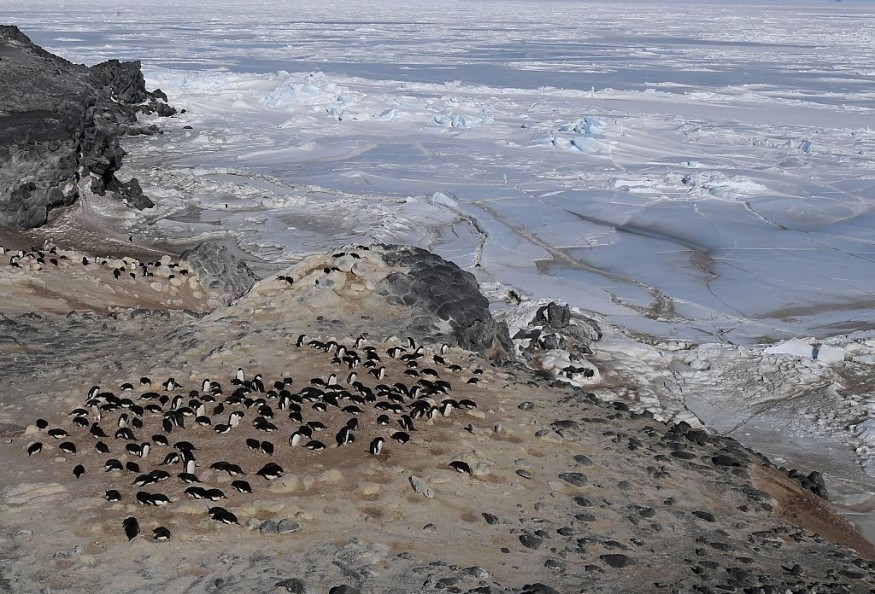
Scientists have discovered that a sulfur-based gas produced by marine life plays a larger role in cooling the Earth's climate than previously understood. This finding highlights the critical role of oceans in regulating global temperatures, especially in the Southern Hemisphere.
The study, led by researchers from Spain's Institute of Marine Sciences (ICM-CSIC) and the Blas Cabrera Institute of Physical Chemistry (IQF-CSIC), sheds light on methanethiol, a gas emitted by microscopic plankton in the ocean.
Methanethiol Emissions Boost Ocean's Cooling Power, Especially in Polar Regions
Methanethiol contributes to the formation of aerosols — tiny particles in the atmosphere that reflect solar radiation back into space and enhance cloud formation. Together, these processes significantly reduce the heat absorbed by the planet, acting as a counterbalance to global warming.
For decades, scientists believed that dimethyl sulfide, another sulfur compound emitted by plankton, was the main player in marine sulfur emissions.
However, recent advances in measurement techniques revealed that methanethiol emissions account for 25% more sulfur than previously estimated, Phys.Org reported.
The research team found that these emissions are most significant in polar regions, where the ocean's colder temperatures create hotspots for this compound.
Dr. Charel Wohl, a leading researcher now at the University of East Anglia, explained that methanethiol is not only more efficient at forming aerosols than dimethyl sulfide but also has a magnified cooling effect on the climate.
This discovery fills a gap in climate models, particularly over the Southern Ocean, where previous models underestimated cloud cover and overestimated solar radiation.
Satellite Data Shows Oceans Emit More Sulfur, Boosting Climate Regulation
Using satellite data and direct measurements from the Southern Ocean and Mediterranean Sea, researchers mapped global methanethiol emissions.
Their findings revealed that oceans emit more sulfur than once believed, providing new insights into the Earth's natural climate regulation mechanisms.
This breakthrough also underscores the urgency of protecting marine ecosystems, particularly in the polar regions, which are among the most significant emitters of methanethiol.
According to Earth.com, these regions face threats from climate change, overfishing, and pollution, jeopardizing their ability to counteract global warming naturally.
The study has far-reaching implications for climate science and policymaking. By incorporating methanethiol data into climate models, researchers can make more accurate predictions about global warming and its impacts.
This knowledge could guide international efforts to develop policies that balance human activity with the planet's natural climate-regulating systems.
The oceans' role in combating climate change is more vital than ever, and this discovery marks a significant step toward understanding and preserving these natural processes.
© 2025 NatureWorldNews.com All rights reserved. Do not reproduce without permission.





